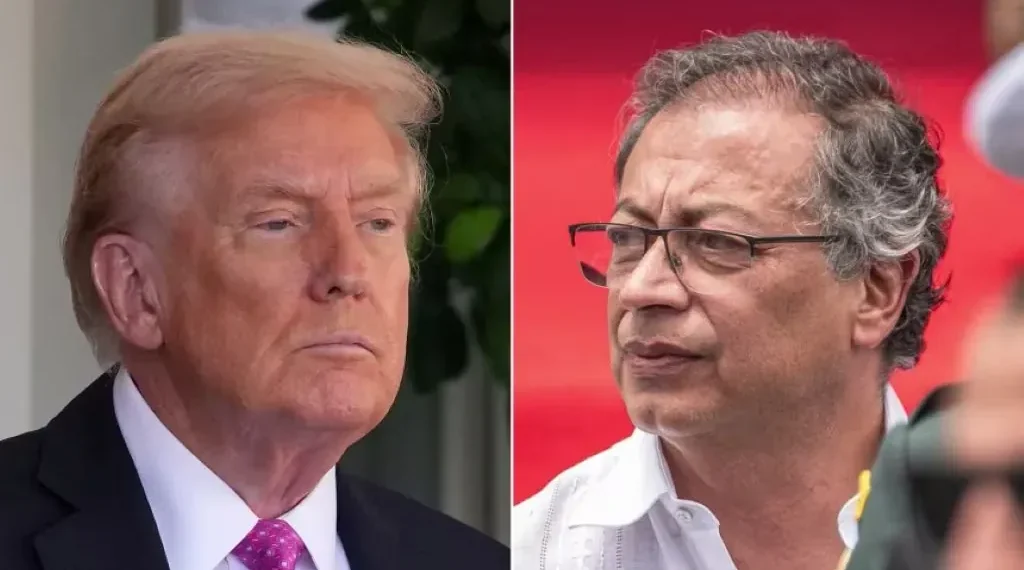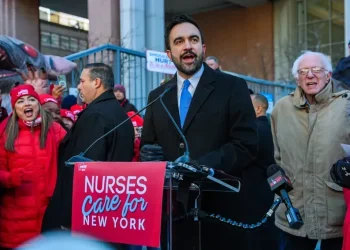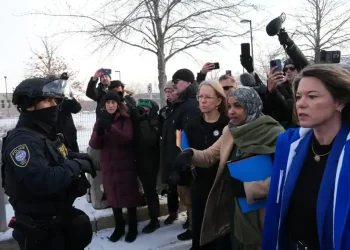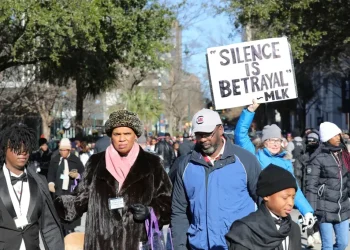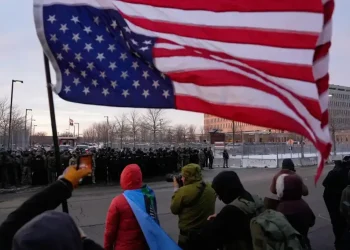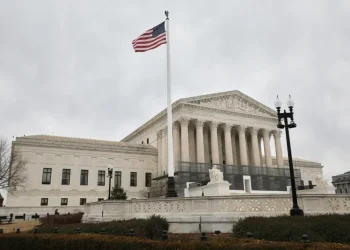In a dramatic move that marks a deepening rift between Washington and Bogotá, U.S. President Donald Trump announced Sunday that his administration will end all payments and subsidies to Colombia, citing frustration with President Gustavo Petro’s handling of drug production and regional cooperation.
Speaking on his social media platform aboard Air Force One, Trump accused Petro of failing to curb narcotics operations despite what he described as “large-scale payments and subsidies from the USA.”
“We are done being ripped off,” Trump declared in all caps. “As of today, these payments, or any other form of payment or subsidies, will no longer be made to Colombia.”
The decision represents the sharpest deterioration in U.S.–Colombia relations in years, undermining one of Washington’s most stable alliances in South America.
A Longtime Ally in Washington’s Crosshairs
Colombia has been a cornerstone of U.S. foreign policy in Latin America for more than two decades, particularly in anti-narcotics and counterterrorism operations. The United States has provided billions of dollars in security and development aid, including $210 million in 2025, according to State Department figures.
Of that, roughly $31 million supported agricultural initiatives aimed at helping rural farmers transition away from coca cultivation — a program Trump’s announcement could immediately jeopardize.
It remains unclear whether the suspension will affect all U.S. funding streams, including those routed through humanitarian or multilateral programs. But Trump’s rhetoric suggests a blanket freeze, a move likely to send shockwaves through Colombia’s defense and economic sectors.
Tensions Over Drugs and Migration
The Trump administration has repeatedly accused Colombia of “failing demonstrably” to meet its international obligations to fight narcotics production. The country remains the world’s largest producer of cocaine, responsible for roughly two-thirds of global supply, according to the United Nations Office on Drugs and Crime.
Trump’s frustration reached a boiling point amid U.S. military strikes on alleged drug-running vessels in the Caribbean, many of which Washington claims are linked to Colombian criminal networks.
Last month, the U.S. Defense Department confirmed multiple air and naval operations targeting suspected traffickers, including a recent strike on a vessel affiliated with what officials called a “Colombian terrorist organization.” Defense Secretary Pete Hegseth said the strike killed three men and destroyed the boat, marking the seventh such operation in recent weeks.
“These killing fields must be closed,” Trump warned Sunday, “or the United States will close them up for him — and it won’t be done nicely.”
A Diplomatic Breakdown Turns Personal
Trump’s remarks came after months of escalating exchanges with Petro, a self-described socialist and former guerrilla fighter who has often challenged Washington’s dominance in the region.
Earlier this year, the Trump administration revoked Petro’s U.S. visa after the Colombian leader called on American soldiers to “disobey Trump” during the United Nations General Assembly.
On Sunday, Trump went further, labeling Petro an “illegal drug leader with a fresh mouth,” a statement that drew immediate outrage in Bogotá.
Petro responded pointedly on social media, invoking Colombia’s Nobel Prize-winning novelist Gabriel García Márquez in his rebuttal.
“You are rude and ignorant toward Colombia,” Petro wrote. “Read ‘One Hundred Years of Solitude,’ and I assure you, you will learn something about solitude.”
The Colombian president continued, “I don’t do business like you do — I am a socialist. I believe in solidarity, the common good, and the shared resources of humanity, the greatest of all: life, now endangered by your oil. If I’m not a businessman, then I am even less a drug trafficker. There is no greed in my heart.”
Analysts Warn of Fallout
Foreign policy analysts say the decision could destabilize U.S. influence in Latin America and push Colombia closer to alternative alliances with Brazil, Mexico, or even China.
“Cutting aid may play well politically for Trump at home, but it creates a vacuum,” said Dr. Elaine Rodríguez, a Latin America scholar at Georgetown University. “Petro could use this as leverage to pivot away from Washington’s orbit and toward regional integration efforts that exclude the U.S.”
Colombian officials have yet to formally respond to the funding suspension, but local media outlets report that the government is convening an emergency cabinet meeting to assess potential economic and diplomatic repercussions.
A Test of Foreign Policy Doctrine
The episode highlights Trump’s broader strategy of transactional foreign policy, where aid and partnerships are contingent on perceived U.S. benefit. The president has previously used similar tactics with NATO members, Ukraine, and Mexico.
While the administration argues that such measures protect American taxpayers, critics warn that they erode diplomatic trust and weaken long-standing alliances.
“Trump is trying to use financial leverage as a disciplinary tool,” said former U.S. diplomat Michael Albright. “But in regions like Latin America, where history is already complicated by U.S. intervention, this approach can backfire quickly.”
The Road Ahead
For now, both leaders appear unwilling to back down. Trump’s administration continues to frame the move as a necessary act of fiscal discipline and national security, while Petro positions himself as a defender of sovereignty and dignity.
With Colombia still facing domestic unrest, economic pressure, and a shifting geopolitical landscape, the breakdown between Bogotá and Washington could reshape Latin American politics for years to come.
“This is no longer just about drugs,” Rodríguez added. “It’s about influence, pride, and the future balance of power in the hemisphere.”
This article was rewritten by JournosNews.com based on verified reporting from trusted sources. The content has been independently reviewed, fact-checked, and edited for accuracy, neutrality, tone, and global readability in accordance with Google News and AdSense standards.
All opinions, quotes, or statements from contributors, experts, or sourced organizations do not necessarily reflect the views of JournosNews.com. JournosNews.com maintains full editorial independence from any external funders, sponsors, or organizations.
Stay informed with JournosNews.com — your trusted source for verified global reporting and in-depth analysis. Follow us on Google News, BlueSky, and X for real-time updates.
